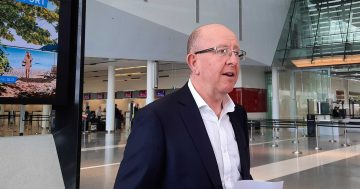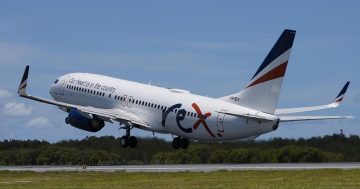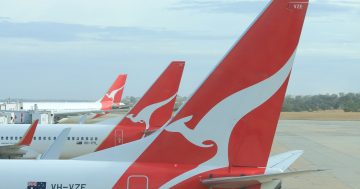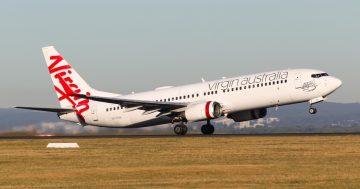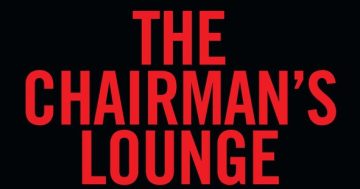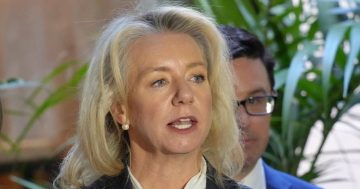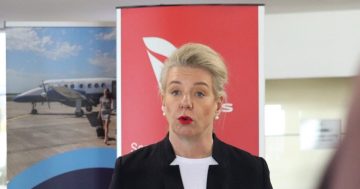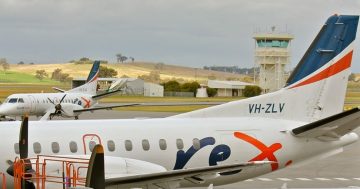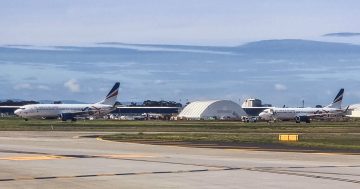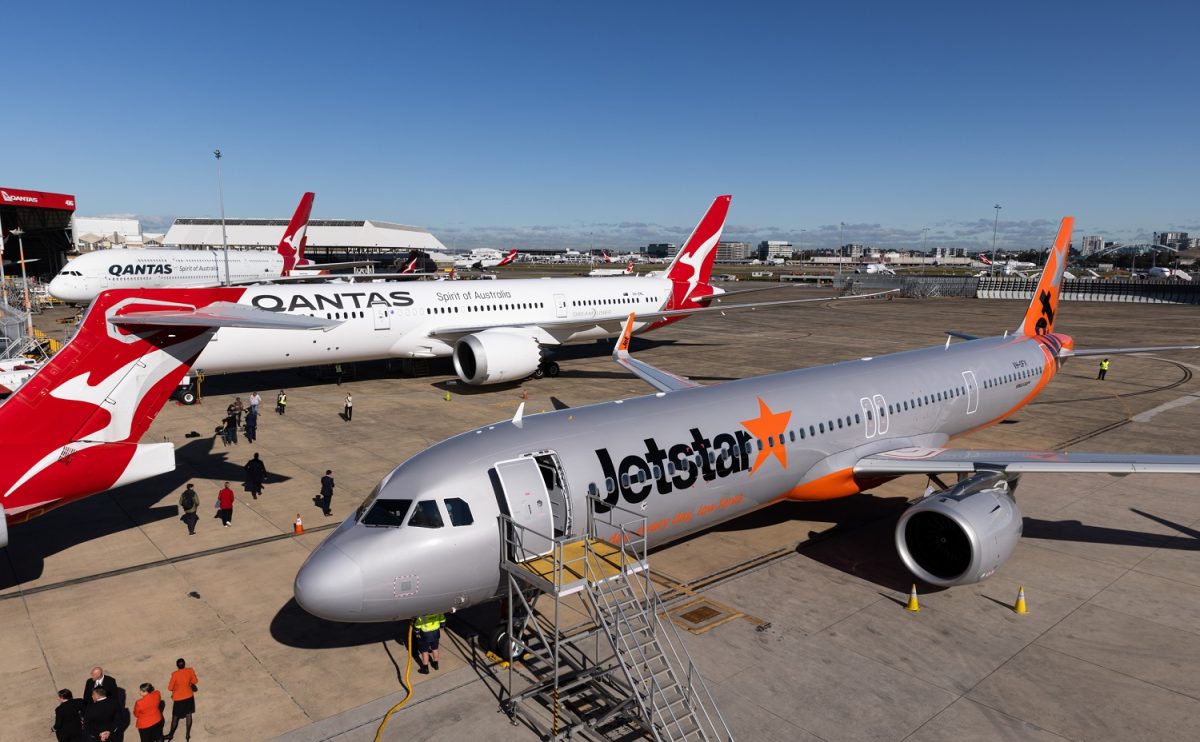
Qantas and Jetstar aircraft at Sydney Airport: the airline has some work to do to get back in our good graces. Photo: Qantas.
Qantas has traded on a feeling of ‘home’ for Australian travellers for decades, with the children’s choir singing I Still Call Australia Home at various landmarks around Australia and the world and, more recently, the Feels Like Home campaign.
The airline always had a reputation for safety, reliability, service and quality which few airlines could match. It was one of those rare brands that evoked trust and despite often being more expensive than its rivals, Qantas had a ‘rusted-on’ loyal following of business and leisure travellers.
While the safety reputation still rightfully stands, it’s difficult to say the same about the rest.
But with Alan Joyce departing as CEO two months early, the airline now has an opportunity to reset. In recent years, his outwardly arrogant media persona appears to have been equated with a perceived arrogance by the airline towards its customers. This perception was not wholly without merit. It will be a huge undertaking for new CEO Vanessa Hudson to turn this around.
During Joyce’s 15-year tenure, seemingly never-ending industrial disputes combined with redundancies of catering, customer service and baggage handling staff during the low times were offset by the appointment of much cheaper contract labour companies. Combined with large executive bonuses, this sullied the airline’s reputation.
But I’m not sure the reality quite matches the perception.
It’s fair to say a contributing factor might be fewer customer interactions with airline staff – online bookings or third-party agencies, more restrictive booking terms and conditions, self-check-in kiosks and DIY bag drops – often mean the only contact you have with staff will be at the boarding gate and on the aircraft.
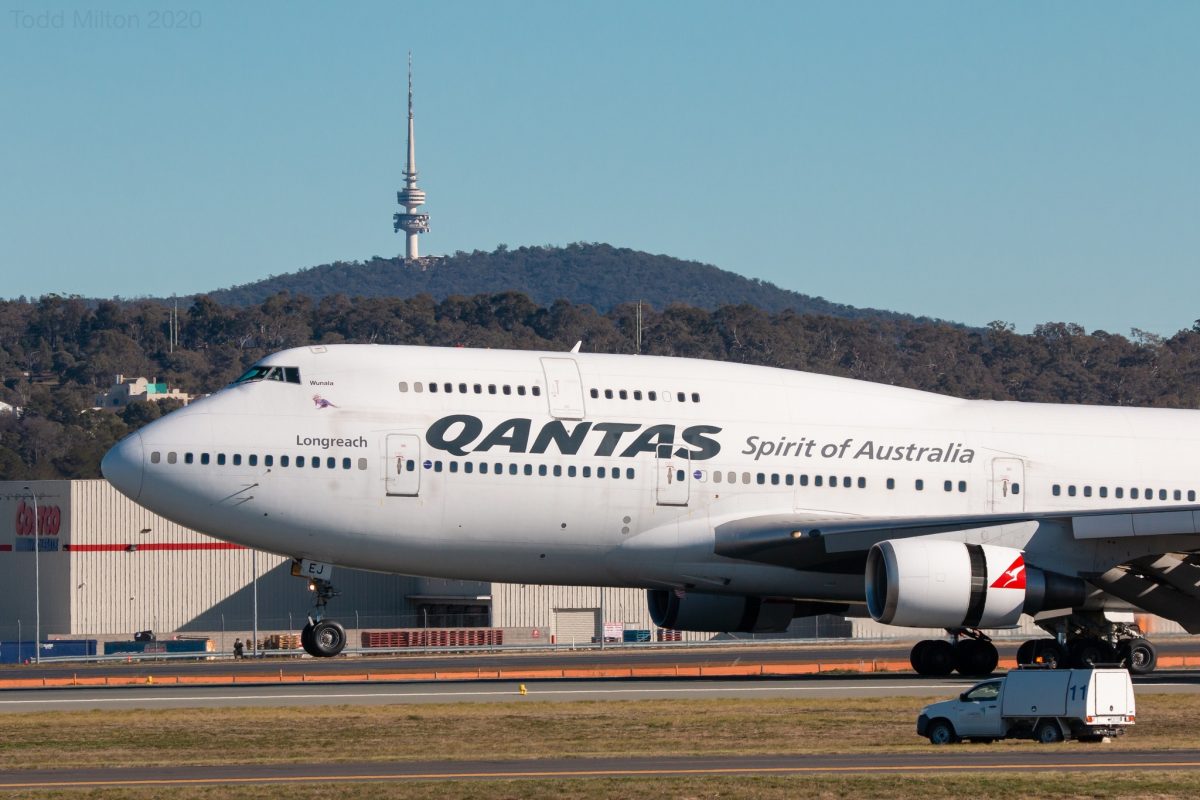
The last Qantas Boeing 747 lands at Canberra Airport as part of its July 2020 farewell tour. Photo: Todd Milton.
Combine that with seemingly ever-shrinking seat pitch, fewer onboard catering options, no onboard entertainment unless you bring your own device, increased ground transport costs on the way to and at the airport, more invasive security screening, and overall higher airfares due to reduced capacity, today’s flying experience is far removed from the romance of air travel of yore.
All of these examples and the same perception of arrogance and reduced service levels could fairly and equally be applied right across the airline industry. But, because Qantas is ‘our’ airline, the ‘Flying Kangaroo’, the ‘Spirit of Australia’ … perhaps we Aussies have taken it a little more personally?
Meanwhile, Qantas has produced a stunning return to profitability after the pandemic. But during the pandemic, the airline was reportedly just 11 weeks from insolvency, necessitating several government bailouts totalling more than $2 billion on top of Jobseeker payments exceeding $900 million. One could ask whether this return to profit has been on a false economy of the bailout and Jobseeker as a foundation and then propped up by a lack of competition in the market.
More recently, there are now claims that Qantas hasn’t been fully honouring travel vouchers issued for tickets cancelled during the pandemic, has been holding ‘ghost slots’ at airports such as Canberra in order to prevent access for rival airlines, and has continued to sell tickets on more than 8000 flights it had already cancelled – a matter that is now the focus of the ACCC.
There are also questions over what role the airline played in lobbying the federal government in the lead-up to Transport Minister Catherine King wholly rejecting a July request from rival Qatar Airways to increase its own access to Australia.
The Qatar Airways issue has been badly mishandled by the government, with Ms King and almost every other federal minister obfuscating or deflecting what are perfectly reasonable questions about the decision.
In a freelance article published on LinkedIn on 5 September, noted aviation commentator Tony Harrington described Qatar as a “growing threat to Qantas”.
Harrington said that by continuing to provide limited operations during the pandemic, “Qatar played a major role” in repatriating Australians stranded overseas. He added that while nobody expected the airline to be granted all of the slots it requested, nobody expected a total rejection.
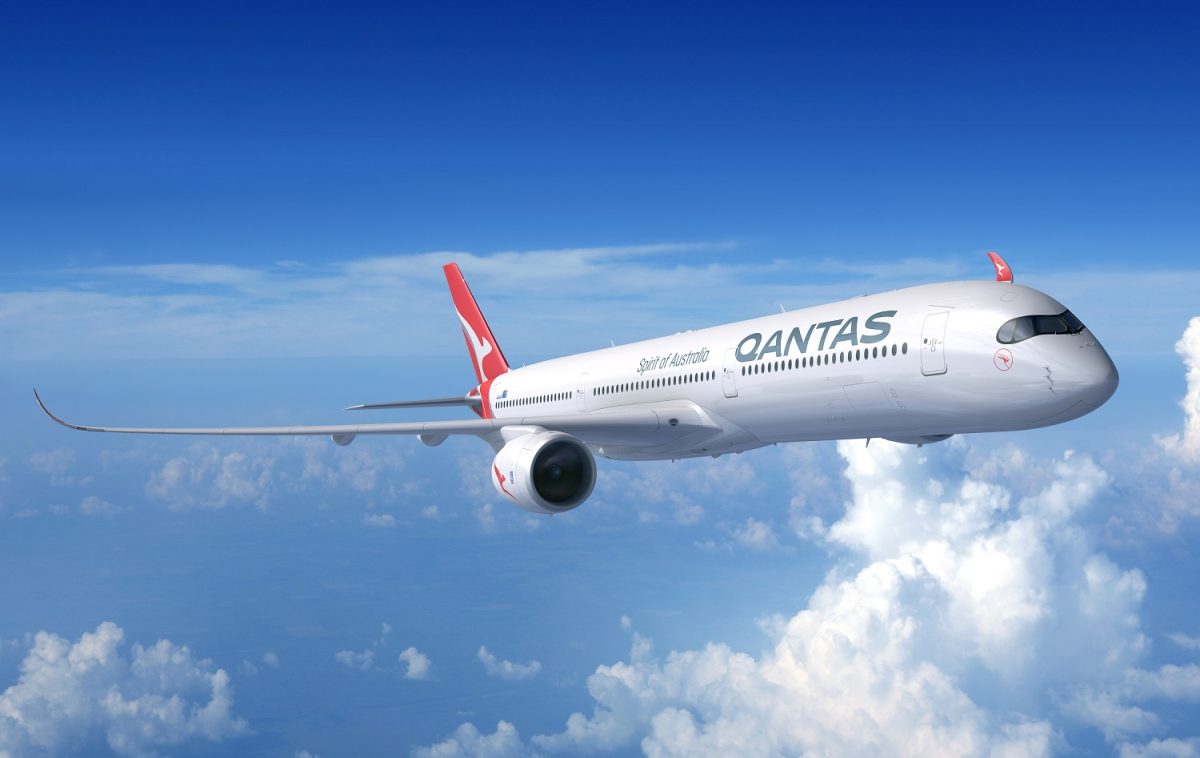
Concept art of a Qantas A350-1000 the airline hopes to operate on its Project Sunrise nonstop services to London and New York. Image: Airbus.
Some have blamed the rejection on an October 2020 incident at Qatar’s Hamad Airport in Doha where female passengers, including 16 Australian women, were forced off aircraft after a newborn baby was found abandoned in an airport bathroom. They claim that, without being given any information nor providing consent, they were subjected to invasive gynaecological examinations in waiting ambulances. The matter is currently subject to legal action.
If that’s the real reason for the rejection, the government should say so. But skirting around the issue and saying only that it was “in the national interest” brings the attention back onto Qantas.
Harrington says, “Flight volumes to and from Australia have not recovered since Covid, with tight capacity keeping fares high. More affordable fares come from competition, and that’s what Qatar promised. But it got nothing, which was what Qantas wanted.
“To be clear, the Qatar Airways bid is not about flights to and from Doha, a city to which Qantas has never flown and most likely never will,” Harrington added. “It’s more about Europe, a major and diverse market in which Qantas is a minor player.”
Associate Professor of Finance at RMIT University Dr Angel Zhong said, “The decision to block Qatar Airways’ entry under the grounds of national interest would hold water if Qantas were on the brink of collapse, thus necessitating the blockade as a bailout measure.
“However, there is a glaring absence of information explaining how the blockade safeguards national interest, especially when it only appears to impede Qantas’ competition and increase flying costs for the public,” she added.
Regardless of the government’s reasoning for rejecting Qatar’s bid, it has dug its heels in this week and refused to budge in its stance. Ms King and the government are rightly facing a grilling about the issue in Parliamentary Question Time this week and look likely to be subjected to a Senate Inquiry.
Original Article published by Andrew McLaughlin on Riotact.


